【新唐人2011年11月21日訊】美國有一個調查機構﹙James Mintz Group﹚收集了每個《海外反賄賂行為法》(FCPA)的案例,並成立一個新數據庫,用戶只要點擊一個互動地圖,就可以迅速獲得這類信息。如果你想知道哪些國家給製造業造成了最重大的損失?只需點擊一下就可以發現,是中國和俄羅斯。
美國《華爾街日報》11月18號報導,中國存在嚴重的腐敗風險,這已經不是甚麼秘密了。但你知道還有哪些國家可對行業構成最廣泛的風險呢?調查機構 James Mintz Group有一個收集了每個《海外反賄賂行為法》(FCPA)案例的新資料庫,用戶只要點擊一個互動地圖,就可迅速獲得這類信息。
在「腐敗在哪裏」(Where the Bribes Are)這個資料庫中,調查涉及的所有行業裡面,中國是唯一一個都「榜上有名」的國家。
時事評論員草庵居士:「中國(共)的腐敗是缺乏監督、缺乏獨立的司法體制,這是體製造成的,這是我們大家都明白的一個事情。中共不僅自己是一個行為人而且又是一個監督人、一個裁判 人,它三方建立在一起。它黨要領導法院,領導公檢法和檢查機關,它從來沒有把司法獨立做為一個事情,所以在這方面,中共的做法就造成中國沒有監督、沒有司法體制。」
而《華爾街日報》中文網站同時還設立了一個「中國腐敗嚴重的最主要原因是甚麼?」的問卷調查。有1萬6百多人參加。其中有7千多人認為原因是「權利制度缺陷」,佔總人數的67%。 其次有1千五百多人認為是缺乏公共監督,佔總人數的14%。
時事評論員草庵居士:「它也缺乏民眾的權利的保護,也就是缺乏人權。它不允許產業工 人成立工會,當產業工人沒有創立工會,跟政府、跟商人對抗的時候是弱勢,政府和法律又不在保護這些弱勢的團體,所以呢,中國工人的獨立,員工明顯的被壓榨。中國的人工的成本只佔到整個成本的不到10%,只有8%左右,這就可以看到,中國的人工勞力這方面極低。」
草庵居士認為,中共它以低價競爭,對整個國際上的製造業也就形成了很大的傷害,特別是那些維護人權、保障環境的企業。 他說,從這方面看,中國因為腐敗和極權,對世界所產生的惡性影響是非常明顯的。
新唐人記者劉惠、林慧心、周昕屹採訪報導。
World』s Manufacturing Hit Hardest by China』s Corruption
Investigative firm James Mintz Group set up a new database,
containing all cases of Foreign Corrupt Practices Act (FCPA).
By clicking an interactive map, users can quickly access
the concerned information.
Which countries are the most costly to the manufacturing
industry? The site tells us China and Russia.
A report of the Wall Street Journal from November 18 said,
China』s existing high corruption risk is no longer a secret.
Which countries are posing
the broadest risk to the sector?
Investigative firm, James Mintz Group, has a new
database which collects every FCPA case.
By clicking on an interactive map, the user can quickly
access the related information.
In this database, called “Where the Bribes Are,”
China is the only one cutting across every targeted sector.
Cao』an Jushi (Commentator): "China's corruption presents
lack of an independent supervisory judicial system.
Everyone knows its caused by the political system.
The Chinese Communist Party (CCP) authorities are not only the executors, but the supervisors and judges too.
It is an integration of three functions. The CCP controls
the court, the public security organs and the police.
The judicial independence has never been considered
as a serious matter by the CCP.
That results in China』s status quo:
No supervision, no judicial system."
Wall Street Journal Chinese issued a questionnaire online,
“What』s the main reason behind China』s serious corruption?”
From over 10,600 participants, over 7,000 (67%) attribute it
to the "deficiencies in the rights system,"
over 1,500 people (14%) believe the main reason
is lack of public supervision.
Cao』an Jushi (Commentator): "It also lacks protection
of people』s rights, that is, lacking human rights.
It prohibits industrial workers to form trade unions.
Without these, industrial workers are thrown into a weak position when confronting authorities and enterprises.
Plus the authorities and the law don』t speak for
these social vulnerable groups.
So in China, workers and employees are obviously squeezed
in terms of independence and interests.
China's labor cost only accounts for about 8% of the entire
manufacturing cost. We can see China』s manual labor cost is extremely low."
Cao』an Jushi believes that CCP competes with low price,
which also greatly harms the world』s manufacturing sector.
Especially to those enterprises that safeguard human rights
and support environment protection.
Cao』an Jushi said that from this perspective, corruption and
authoritarianism in China have significant pernicious effects on the world.
NTD reporters Liu Hui, Lin Huixin and Zhou Xiyi
看下一集

【禁聞】寄不出的思念
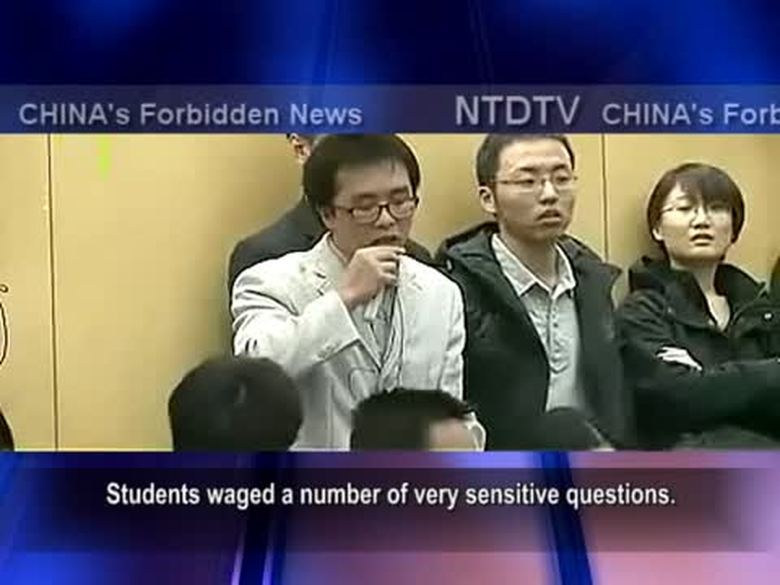
【禁聞】司馬南遭尖銳提問 呵斥學生閉嘴
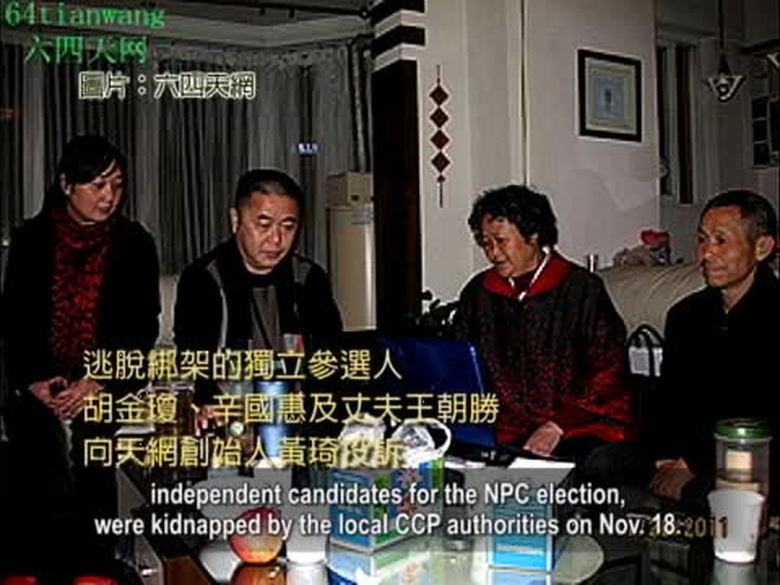
【禁聞】醜聞頻出 人大換屆選舉遭棄權惡搞

【禁聞】美國國會關注中國電訊企業擴張

【禁聞】中國退房潮蔓延 民怨蒸騰
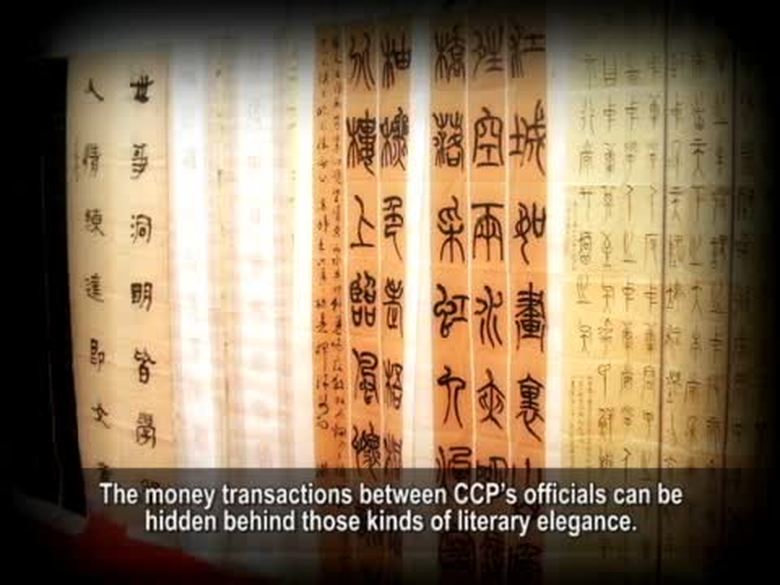
【禁聞】中共貪官興雅賄 名師字畫成新寵
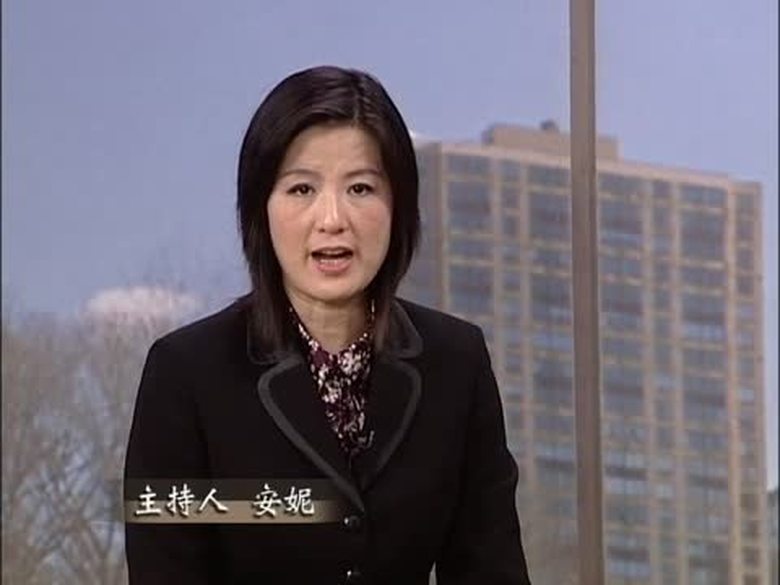
【禁聞論壇】中共修改“兵役法”為了甚麼?
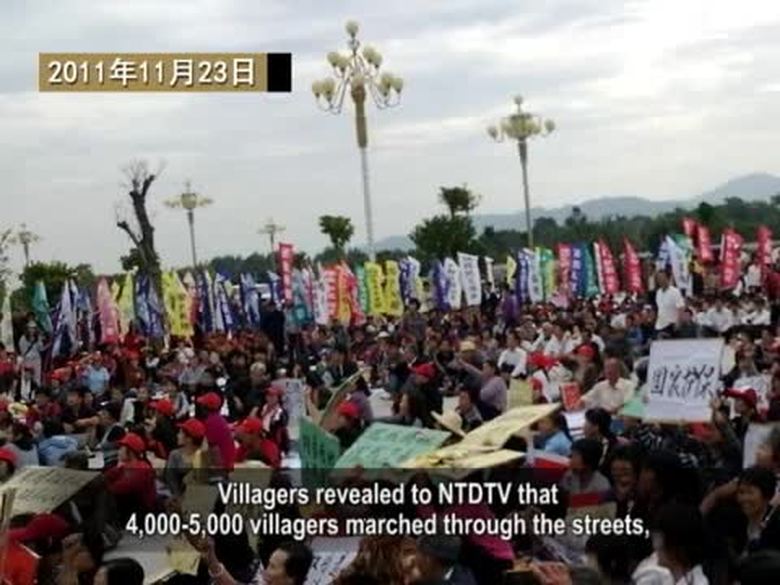
【禁聞】官方報導造假 烏坎村民持續抗議
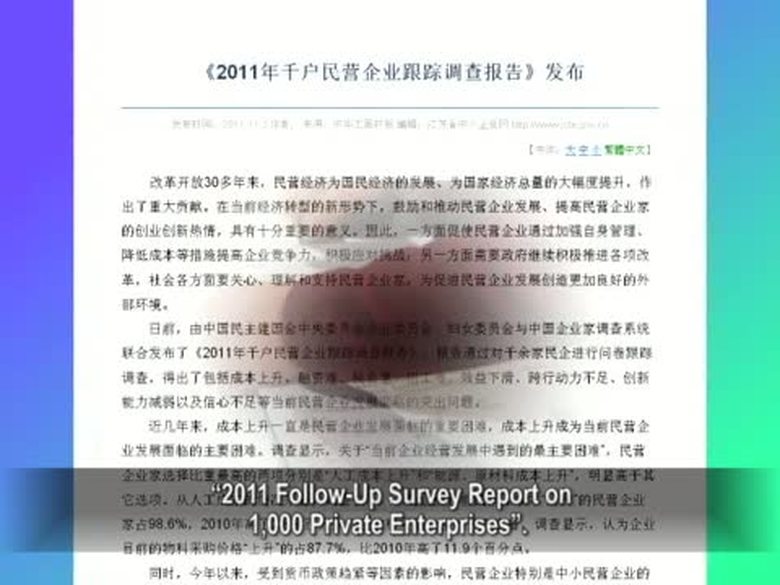
【禁聞】 民企前景堪憂 逾八成指稅重
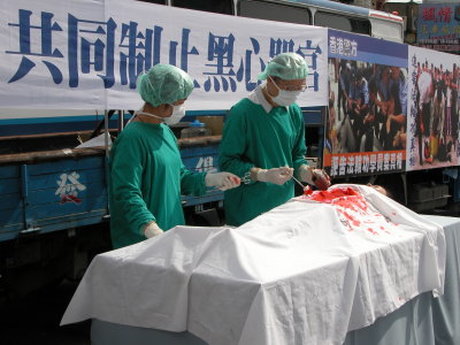
【禁聞 】韓國逮捕器官中介 中共活摘遭譴責
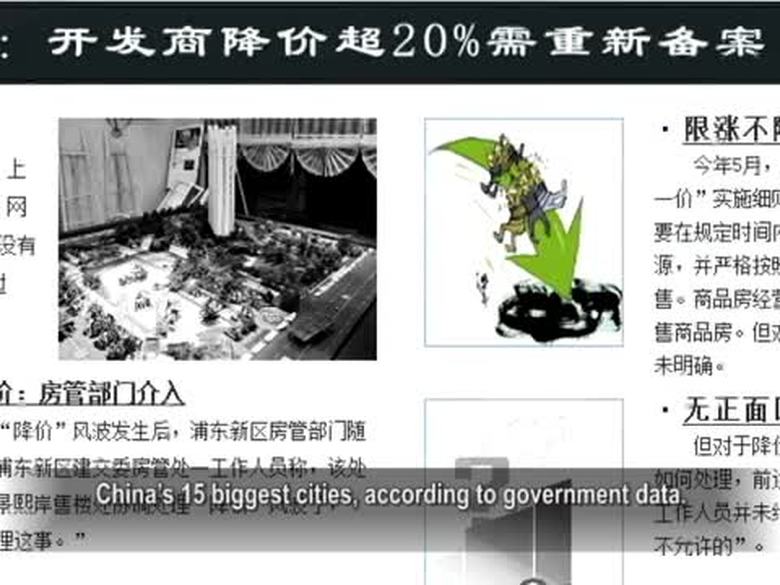
【禁聞】大城市房產交易量大降 波及產業鏈
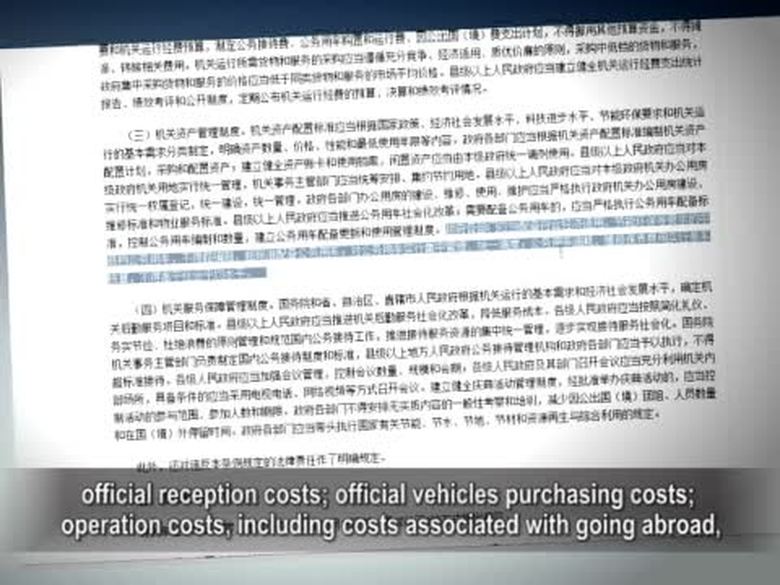
【禁聞】“三公”消費 國務院出條例限制
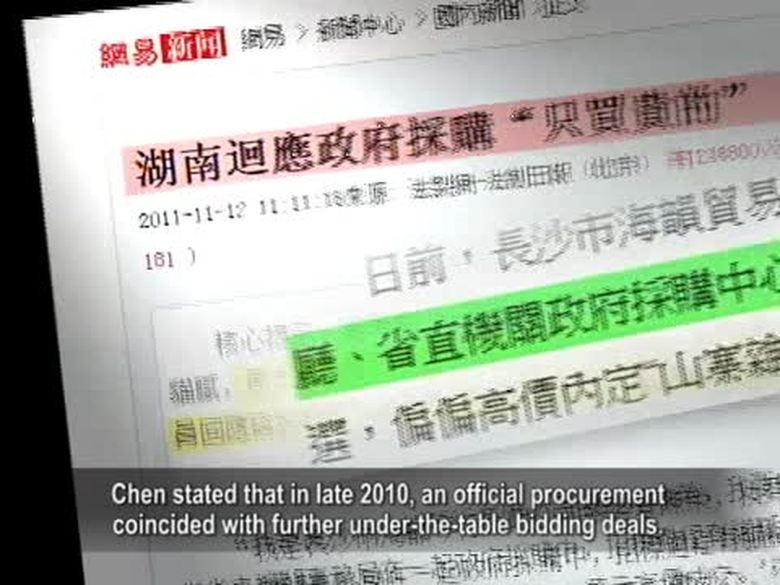
【禁聞】史上最牛的民告官案
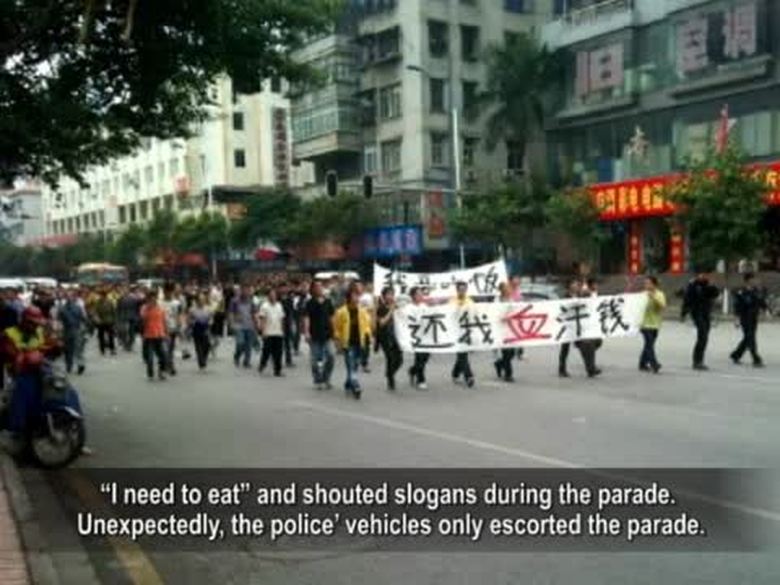
【禁聞】粵放寬維穩媒體 汪洋角逐最高權位
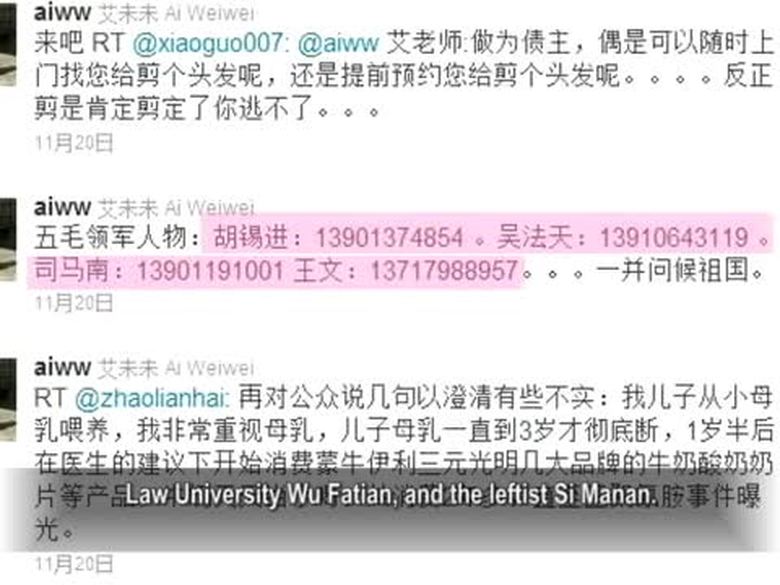
【禁聞】艾未未反擊 民眾譴責環球時報
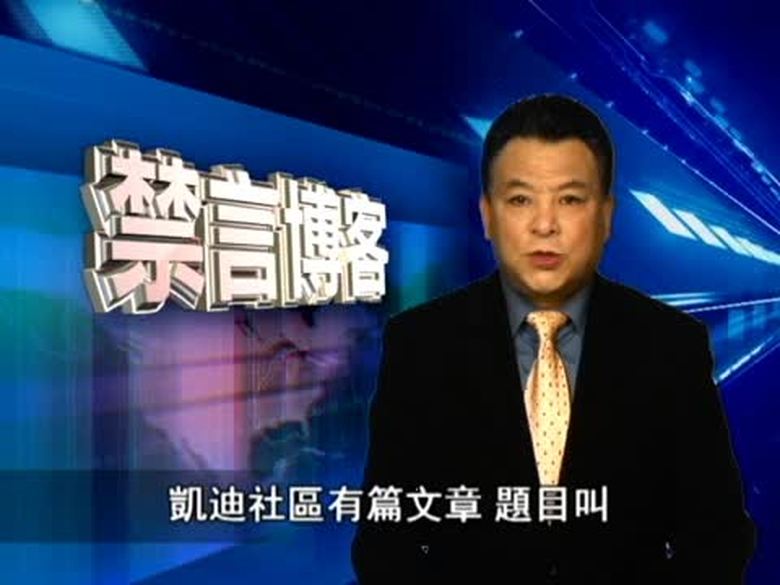
【禁言博客】絕不允許改變的權力運作方式








